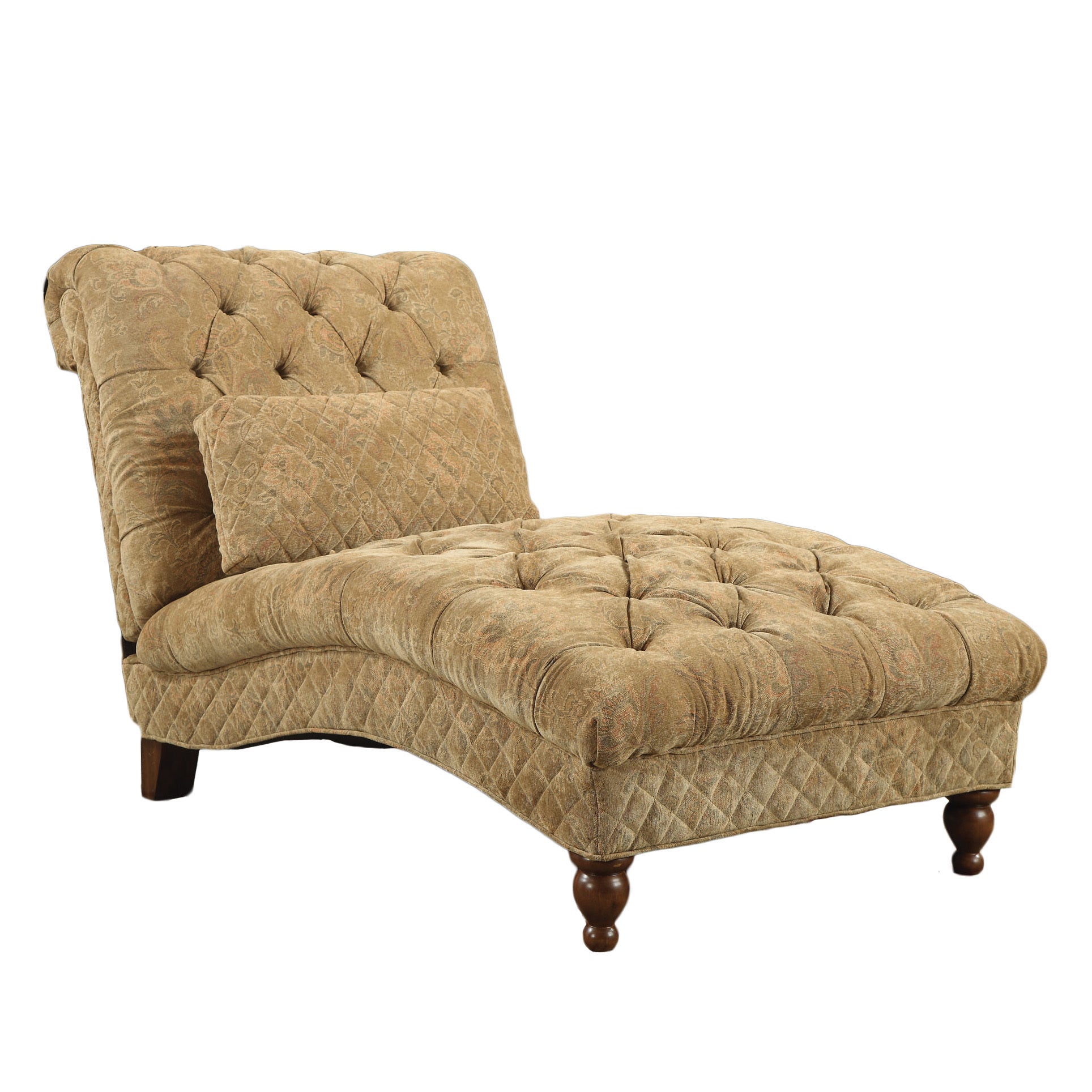You must log in with your username and password in La Champagne Viticole magazine to access this content. Your ID and password were communicated to you by email when you activated your subscription to lachampagneviticole.fr.
Certainly some comic book memories from our childhood remind us that the famous Tintin passed through Moldova on the occasion of one of his many adventures. Besides that, Moldova? Speaking of Champagne, do we often evoke a land of passage, a place of crossroads, of conflicts? But what to say, then, of this Moldova, so coveted and disputed over time, a gateway to Asia on the one hand, to Europe on the other? For a long time under Turkish rule, from the early 16th century to the late 18th century, Austria partially annexed it before it was “liberated” in 1812 by Russia. A century later, the independence of the Democratic Republic of Moldova was proclaimed in 1917, but it was soon joined by Romania, starting in 1918. It came under the rule of the USSR at the end of World War II. It was not until Mikhail Gorbachev’s perestroika policy in the late 1980s that a movement for autonomy developed, a return to Romanian, and therefore Latino identity, culminating, on August 27, 1991, in a second proclamation independence and the birth of the Republic of Moldova, quickly recognized by the international community. If Moldova is today a “small” country of about 34,000 km2 with a population of 3.7 million people (the Grand-Est region has an area of 57,500 km2 and has 5.5 million inhabitants), the historical and geographical Moldova it continues to be shared between Romania, the Republic of Moldova and Ukraine.
From Cyrillic to Latin
In 1991, Catalina Melniciuc was only 6 years old. He recalls some images of the great independence demonstrations that shook Chisinau, the capital, where his family lived.”The Moldovans wanted to assert the the thes thee as such. In the countryside, people spoke Moldovan while the Russians wanted them to speak Russian, to erase their identity.This period marked my education because, after independence, there was an important economic, social and cultural transition.The country’s economy has collapsed since the country’s economy collapsed.The USSR had the keys through centralization; from books written in Cyrillic to books written in Latin.But most of all, do I remember there was no more money?»
It was just under friendly pressure from her CFPPA students that Catalina Melniciuc participated in the European Champagne Ambassadors Competition. “One of the interesting aspects of this type of event is the new encounters it allows. Preparing for the competition was a way of working with my colleagues at the CFPPA to learn from them. And I would like to especially thank Jean-Marc Boucher from the Avize Institute, who helped me a lot in this preparation and gave me the benefit of his experience. »For this 2017 edition, we had to work on a fairly strong theme: disgorgement and dosage in the production of champagne. In this contest, pedagogy is very important since it is about “presenting” and “explaining” the subject in front of a jury, as it could be done in front of a class. So much easier when you are already teaching, like Catalina. “Not at all! On the contrary, it is very difficult. It is a test, it is a competition, and there is a real pressure to deal with the professionals of the jury, especially when we have to deal with the subject in 20 minutes (and I am used to to take me several hours) while tasting the wines at the same time, however, knowing how to structure a presentation, as any teacher does, is not negligible and the clarity of Catalina’s presentation, in support of her technique. knowledge, won the jury So here she is, the French champagne ambassador. “Bring a network, a form of recognition since I share and transmit what I have learned? And that they have taught me champagne. Keep in mind that Catalina Melniciuc is the first foreigner to represent to France for the European final (*).
(*) The final of the Champagne European Ambassadors Competition took place on 8 November, following the drafting of this article and the closure of this issue.
The director of the Avize Viti Campus, Jean-Luc Prost remembers meeting Catalina Melniciuc during a visit to the Pommery winery. “I was accompanied by a South African colleague, and had requested a tour in English. And it was Catalina who officiated. ” In the course of the discussion, which goes a little beyond the simple framework of discovering chalk pits, Catalina evokes her background and her willingness to do something else. Card exchange. A few days later, Catalina sends an email to Jean-Luc Prost. “Your initial trip? with his training as an engineer, his international master’s degree in Angers and his diploma in engineering? and its multiculturalism were quite attractive, and I was looking for someone to give a new impetus to the international cooperation that we want to develop at Avize Viti Campus. »To which we must add that the young woman speaks Romanian (or Moldovan?), Russian, English and of course French. A later meeting with Catherine Delbecque, CFPPA director, and Catalina joins his team. Jean-Luc Prost: “He brings a different educational creativity. it is very interesting for the teaching team. It is applied and involved, not only in CFPPA but also with other components of Avize Viti Campus. Someone like Catalina Melniciuc represents a real added value for an establishment like ours. “

